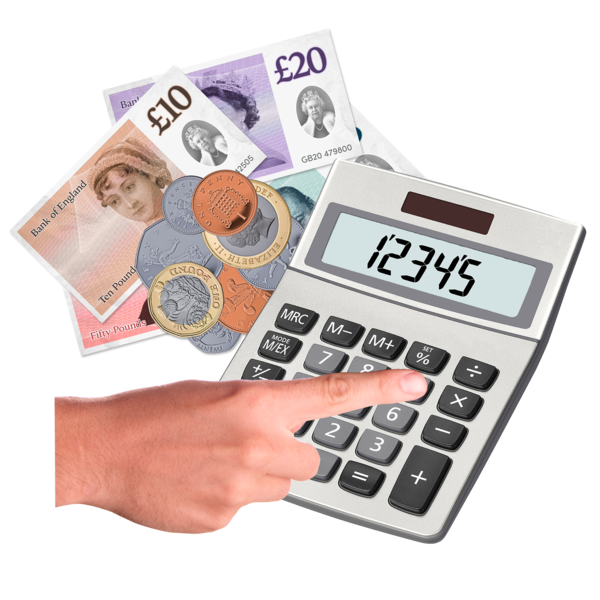
You can use the online calculator for Housing Benefit to see how your money will be affected at:
www.gov.uk/benefits-calculators
You are likely to be able to claim housing benefit if you live in ‘supported housing’. Some people in private housing may be able to have a housing payment paid by Universal Credit if they are eligible, instead of housing benefit.


Private landlords will normally ask you for at least one month’s rent before you move in. Private landlords may ask you to pay the same amount of money as a deposit.
You will be given the deposit back at the end of your tenancy if:
- You have paid all of your rent
- You have not caused damage to the property (or the furniture if it is part of your tenancy agreement).
You should not lose any of your deposit for normal ‘wear and tear’. For example, damage that has taken place over time through normal use.
Your deposit is safe, because your landlord must give the money you pay to a compulsory deposit scheme. The scheme is free for you and your landlord.
You must make sure the rent is paid to your landlord. If you get housing benefit, it is paid into your bank account at the end of each rent period. You then pay your landlord the rent that is due.
Your rent might be more than the housing benefit you get. If that is the case, you will have to use your own money to pay the extra.
If you have trouble managing your money speak to the council; they can pay your housing benefit directly to your landlord.